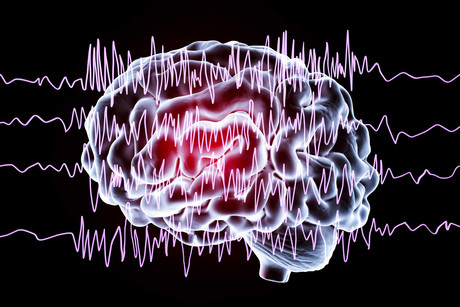Cannabis compound may benefit children with epilepsy

Researchers reviewing studies around the medical use of cannabidiol — a non-psychoactive compound in cannabis — have found the treatment to be moderately effective in two forms of childhood epilepsy.
In recent years, cannabinoids — the active chemicals in medical marijuana — have been increasingly touted as a potential treatment for a range of neurological and psychiatric disorders. In particular, the cannabinoid known as cannabidiol (CBD) has the most evidence of antiepileptic efficacy and does not have psychoactive effects; yet there has been little evidence for its use apart from anecdotal reports, until the last year.
Investigators from the University of Otago and the University of Melbourne recently compared the efficacy of cannabinoids with antiepileptic drugs for children with epilepsy. The results of their review were published in the journal Developmental Medicine & Child Neurology.
The review notes that in three randomised, placebo-controlled, double-blind trials in Dravet syndrome and Lennox–Gastaut syndrome (two forms of childhood epilepsy), CBD produced a 38–41% median reduction in all seizures, compared with 13–19% with placebo. Similarly, CBD resulted in a 39–46% responder rate (50% convulsive or drop-seizure reduction) compared with 14–27% with placebo.
CBD was thus found to show similar efficacy to established antiepileptic drugs, the researchers concluded. They also said the compound was well tolerated in patients, although sedation, diarrhoea and decreased appetite were frequent.
“Community debate about the use of CBD and access to this antiepileptic therapy has been heated,” the authors wrote. “With further trials and greater understanding of its role, the place of CBD in our antiepileptic armamentarium and its impact on comorbidities will become clearer.”
High-potency cannabis use leaves a unique mark on DNA
Frequent users of high-potency cannabis have changes in genes related to mitochondrial and immune...
Scaffold-based method for culturing antitumour bacteria
Bacteria-based cancer therapy represents an exciting new treatment option — but in order to...
mpox vaccine appears safe and effective in adolescents
Interim analysis of an mpox vaccine trial has found the vaccine is safe in adolescents and...




